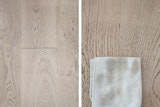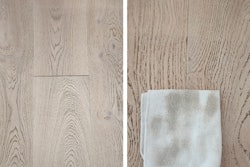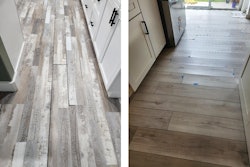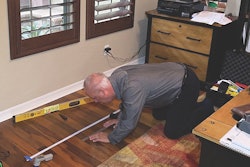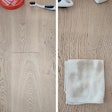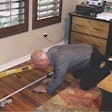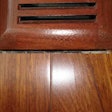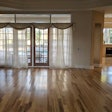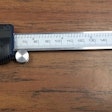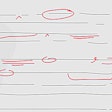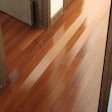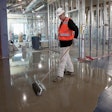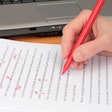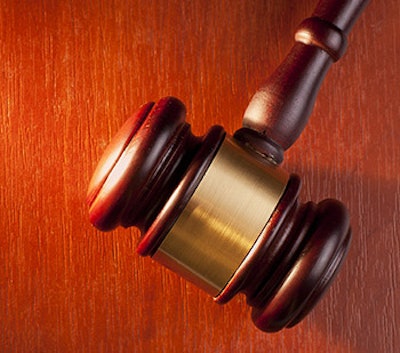
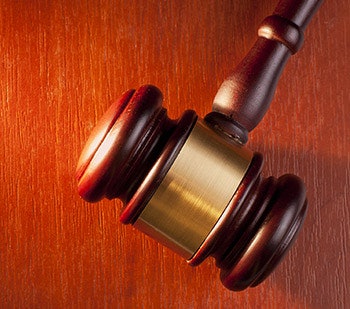
Do You Need an Expert?
The first question is this: Do you need a wood floor inspector at all? How do you know when you should hire one? The question about when to retain an expert may be specific to your case. The advantages of selecting an expert from the beginning to conduct inspections and undertake any testing cannot be overemphasized. It is best to have an inspection after construction and prior to placement on the market whenever possible. A certified flooring inspection report is money well-spent for the installer, because it provides a record that shields against claims of improper installation. For the seller, it helps avoid any confusion about the condition of the property before it was sold.
You must retain an expert where and when it might be required by law by construction regulations (such as in Florida or New York), and any time a dispute with a wood floor seems to be heading toward litigation. Expert evaluation early in the process can either discourage a legal claim or help clarify the basis of legal action. In cases of home construction, these early evaluations may even dictate terms of a settlement.
Training vs. 'On the Job' Experience
While it is true that many of those involved in the construction industry may have accumulated years of experience in various aspects of building and safety, from architecture and design to carpentry and project management, these same individuals, without the formal training of their representative body, cannot legally render expert opinions in court. The on-the-job experience may be only tangentially related to hardwood flooring and the concerns presented when a claim for negligent installation or worse is made. In the wood flooring industry, the specific and focused training required by the National Wood Flooring Association Certified Professionals to obtain certification is the most appropriate and industry-recognized certification as considered by trial attorneys and the courts.
Who is an 'Expert Witness?'
The qualification of expert witnesses was determined in law by a test established in the case of Daubert v. Merrilll Dow Pharmaceuticals Inc. 113 S. Ct. 2786 (1993). In that case, the Supreme Court held that judges should look at the following factors in deciding whether to recognize an expert witness as having specialized knowledge:
1) Whether the methodology or techniques used by the expert can be tested2) Whether the methodology or techniques have been subjected to peer review and publication3) The known or potential rate of error of the method used4) The degree of the method's acceptance within the scientific or professional community.
Judged by these criteria, NWFACP inspectors are those most likely to be considered expert witnesses. The NWFA Professional Code of Conduct requires that NWFA Certified Flooring Inspectors draw their conclusions based upon testing, observation and related industry standards (for our industry, the Installation Guidelines and Sand & Finish Guidelines are the standards). Inspectors must adhere to a standardized template for organizing and presenting the findings of their testing. This ensures that the basis for findings can be reviewed by similar testing.
The techniques of NWFA certified inspectors derive from the professional industry standards that have been scientifically reviewed. NWFA inspectors use standardized performance data sheets-questionnaires that include topical questions for the measurement and analysis of a wide range of flooring problems that are commonly experienced.
The NWFACP has a peer review process for reviewing the testing of certified flooring inspectors. All inspections conducted by NWFA flooring inspectors can be reviewed by a peer committee in the event of a complaint (this is the only inspector program that has such a policy). A hearing committee of inspectors reviews the inspector's report and all related documentation to determine whether any violation of the NWFA Standards of Professional Conduct have taken place. When you commission an NWFA flooring inspection, you are getting a report that can be scrutinized for adherence to professional standards, and you are getting a right of a review and appeal.
Given these facts and the four factors given to us by that 1993 court decision, we can conclude that hiring an NWFACP Certified Inspector provides you with a professional who is far more likely to be admitted as an expert witness in the event of legal action involving one of your wood floors.
What's Behind the Certification?
The NWFA training before certification includes five days of training. Requirements to even attend the stringent training, which has a 50 percent success rate for first-time applicants, include a minimum number of years in areas including sanding, finishing and apprenticeship. In addition to the physical testing and visual inspection, the NWFA also trains the candidate/expert to submit reports on completed inspections for a peer review. The official certified status is not granted until the test is passed and all reports have been submitted and approved.
At the peer review level, the results obtained, the methodology used, observations and recommendations made, and report format are judged against the standard protocol established by the NWFACP. Adherence to recognized, accepted testing procedures allows the NWFACP to stand behind an inspection, thereby providing a positive "second opinion" for an inspector should he or she be called to testify in court. Those not certified do not have this advantage, as the inspections they undertake and the reports they write are subject to neither review nor support of the NWFACP.
Those having achieved NWFACP certification are also required to complete ongoing continuing education requirements each year to maintain certification, and keep abreast of developments and advancements in the field. They must also use standardized forms and report templates, and performance data sheets based on differential analysis. Those outside the NWFACP are not subject to these requirements, and therefore, as an example, a carpenter may have 10 years of experience in installing floors, but may remain wholly unable to identify underlying problems, perform tests, or testify authoritatively in court.
NWFACP offers a degree of protection to inspectors seeking second opinions about prior reports, or questions concerning methodology used by other inspectors. In addition, NWFACP verifies the reliability of new technologies and scientific applications as they relate to testing and opinion formation. As such, membership in the NWFA protects members.
Beyond Certification
We've established the legal basis regarding why you need to hire a certified inspector so that your inspector will be admitted as an expert witness. Besides the baseline of being certified, there are many other factors to consider when choosing an inspector. They include: the expert's communication skills, honesty, reputation, availability and attitude; employees of the expert, especially if they are instrumental in any of the testing; the expert's health and stamina, both for conducting inspections in uncomfortable climates and for enduring multiple hours of grueling legal examination; the expert's ability to withstand travel if required for trial; and academic vs. practical experience. An experienced certified inspector provides you with an expert opinion that is difficult to dismiss as evidence, and has the knowledge base and savvy to be able to avoid seeming ignorant, or to avoid the rhetorical traps that opposing lawyers sometimes use to discredit witness testimony. Your expert's presence on the scene and ability to conduct testing to challenge that of opposing counsel is, of course, invaluable.









